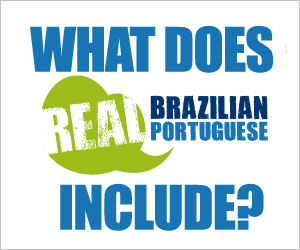Foreign Language Programs
Foreign language programs in training open the doors to learning English, Afrikaans, Arabic, Chinese, Danish, Dutch, Finnish, French, German, Hebrew, Hindi, Japanese, Italian, Korean, Norwegian, Polish, Portuguese, Russian, Spanish, Swahili, Swedish, Turkish, Vietnamese and so on.
Many online sources are available, which can offer you connections to foreign language training. Some of the training guides offered will help you to learn Spanish or Latin American. You get hundreds of hours of instructions to help you master the language. Some programs incorporate over 90 lessons for training you to learn a foreign language.
Latin America and Spanish seems to be the popular need for learning foreign languages. Some of the programs are costly. You will find programs that offer you continuous hours of study, lesions and so on. Images are available with some programs, as well as phrases that help you to relate to foreign language speaking.
If you don’t want to spend a fortune on programs that teach you foreign languages, online courses are available. The courses offer speed-learning classes, which you can learn, a foreign language in a couple of weeks.
To learn more about the classes, visit the Internet. Look for the speed learning courses and take time to research the schools. Schools online should have a reputable history, and have license to operate. Take time to research, making sure you get live online classes that you will earn a certificate or degree. Now let’s take some time to learn a few languages to see if the courses or programs are something that interest you.
How to speak French:
Say in French: my name is:
Mon nom est
Say: have a nice day:
Ayez un beau jour:
You may find it difficult to pronounce the language easily, and mostly this is because you have to learn that particular speech in French focuses on dialogue.
How to understand French dialogues:
If you were to say in French, “Robert meets his teacher”, relating in French you would say “Bonjour, monsieur” which is Robert. Instead of saying to meet with Robert’s teacher however, the name of the professor is the French way to announce the meeting. Thus, Robert would say, “Le professeur”, which means Granger in this case. Now if Robert wants to make a comment, he would say in French, “allez-vous”.
French’s words change in many instances. For instance, the sound that “a” applies in English would apply in French as “front a”. Depends on how which sentence or word you would use. For instance, the front ‘a’ applies in ant?rieur, which in French means former.
How to produce front a sound in French:
Your mouth would need to be “slightly open” to produce this sound. You will need to draw the corner of your mouth backward and then taut so that the tips of your tongue is against the low area of the “front teeth”.
When using French language and pronouncing “u” you have to take a few measures to say what you mean. The letter “u” in French is like saying “I” lower case in English. You would need to pucker your lips to pronounce correctly and then say “u” as if you are whistling. The tip of your tongue should also be against the low area of your teeth at the front.
The consonne “c” is used in several ways also. For instance, to say canal you would focus on c plus a. When saying cinq the q in this instance is final. Avec is pronounced with the c being final while culture is pronounced with front “c + u.” Learning French is fun, so take time to learn more. Bon près for now, or good-bye in English.



